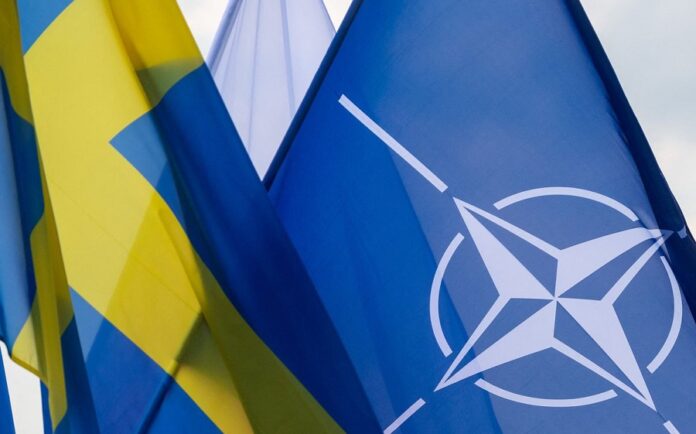Hungary edged closer to approving the expansion of NATO following months of foot-dragging with a visit to Sweden and Finland by a delegation from Prime Minister Viktor Orban’s ruling party, according to Bloomberg.
The lawmakers arrived in Stockholm on Tuesday and will have a meeting in Helsinki on Wednesday. Hungary’s parliament is then scheduled to ratify the Nordic countries’ accession to the North Atlantic Treaty Organization in the week of March 20, according to the latest agenda on the Hungarian legislature’s website.
Ratification would leave Turkey as the only holdout in the currently 30-member defense alliance, which is looking to expand after Russia’s invasion of Ukraine raised security concerns across Europe.
It would also put an end to months of delays as Orban had effectively sought to use NATO expansion as leverage during his own standoff with the European Union over more than $30 billion in blocked funds.
With Hungary’s EU funds still suspended over graft and rule-of-law concerns — and with no public commitments from either Finland or Sweden to support the unblocking of the cash — the visit has largely become a face-saving attempt to allow Orban’s lawmakers to vent their frustrations before approving enlargement anyway.
Ruling party lawmakers — two from Hungary’s national legislature and two from the European Parliament — will tell their counterparts to stop spreading “lies” about the erosion of democracy in Hungary, Zsolt Nemeth, the head of parliament’s foreign affairs committee and a member of the delegation, told Bloomberg on March 3.
Preparing the ground for ratification, Orban’s foreign minister, Peter Szijjarto, said late last month that the government had backed NATO expansion all along and that it was parliamentarians who needed to be convinced.
In reality, Orban is the chairman of his Fidesz party and vets each of the party’s candidates ahead of legislative elections, who are then expected to toe the party line on legislative votes.


